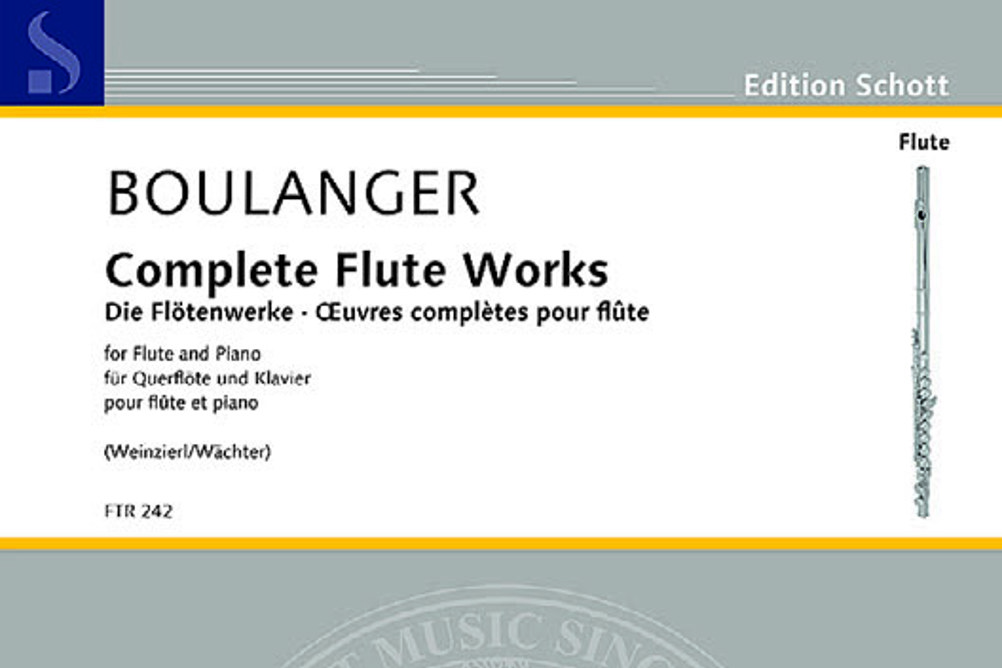
It's wonderful to see all four flute works by French composer Lili Boulanger (1893–1918) brought together in a single volume. Editors Elisabeth Weinzierl and Edmund Wächter have worked from the first editions, except in the case of Boulanger's 1910 Pièce, which they have painstakingly reproduced from the only surviving original manuscript.
Boulanger's elder sister Nadia, also a celebrated composer, was her first teacher. After Nadia won second prize in the prestigious Prix de Rome composition competition, Lili vowed to win first. In 1913 she succeeded, becoming the first ever female composer to do so. Lili suffered from chronic health conditions throughout her life and died at the age of only 24. One of her final works was the 1917/18 D’un matin de printemps for flute or violin.
Register now to continue reading
Register to the Music Teacher website today to read more of the latest news and developments from the world of music education.
You’ll receive:
-
Free access to 4 subscriber-only articles per month
-
Email newsletter providing advice and guidance across the sector
Already have an account? Sign in here




